Requires patience, vigilance and consistency on the part of the owner. This puppy house training article will emphasize these three keys over and again. It will also provide you with simple steps that used along with these keys will ensure you are blessed with a little darling, rather than a little carpet staining monster!
First, believe! You can house train your puppy to go only when and where you want. Believe it and make it a reality with patience, vigilance and consistency!! The following are tried and true steps to make the task much easier:
1) Buy a Crate with a Divider
Puppies have a basic desire to keep their den clean and will avoid peeing or pooping where they have to sleep. The idea with the crate is to make it the puppy's den, it's safe haven and comfortable place to sleep and relax. DO NOT make the crate a punishment area and never put the puppy into the crate as punishment for making a mistake. You want the puppy, and the dog later on in life, to love it's crate and a whole other article could be written on the benefits you will get from that. For now though, we're mostly concerned about house training.
Dog Crates, Kennels & Exercise Pens
One tip: buy a crate large enough to house your dog comfortably when full grown. Get a crate divider to make the area available to your puppy smaller when young, so there isn't enough room to pee on one side and sleep on the other. As your dog grows, move the divider to provide more room for it to sleep. This avoids the necessity to buy a larger crate later on.
2) Pick Your Spot
You will decide where your dog goes, remember! We suggest a spot in your backyard that is easy to access and clean. Some dog owners make a square area (say 4' by 4') that is filled with gravel or wood chips and consistently take their dog to that area until it knows to do so on it's own (i.e.) patience, vigilance and consistency. Others are fine with the whole back yard or select an object to train the dog to do it's business on like the Pee Post.
One caution we have in this regard is to pick a spot on your own property. For one thing, your neighbor might get upset if you designate his favorite tree as the spot! More seriously, you will want to protect your dog from deadly diseases that can be transmitted through infected bodily waste. Puppies are especially susceptible before they have received all of their shots. If you pick a spot in your own yard, ideally within a fence, other dogs won't be peeing there.
3) The Bathroom Scent Trick
Dogs or puppies like to pee where they or others have peed before and with their acute sense of smell they can find an old bathroom where no human nose could. There are two ways to use this to your easy advantage: i) buy a pheromone product that contains those attractive scents that dogs like to pee at, and use that around the spot that you have picked for your dog to do it's business at; or ii) the next time your dog pees, soak it up with a towel or cloth and save it (in the garage maybe). When you take your dog out again, bring the soiled cloth and put it in the spot you have decided your dog will pee at. Chances are your dog will intently sniff the cloth and immediately wet it again. Repeat with the cloth until peeing in that spot becomes a habit.
4) When Your Dog will Pee
Sorry, but in the very early going this isn't going to be up to you and you might think of it like nursing a new born child. A puppy's bladder is very small and until the age of 4-5 months it can't hold much of anything for very long. If you are a first time dog owner, please sit down for this next bit of news - up until 4-5 months of age, a puppy needs to go to the bathroom about 12 times per day or every 2 hours on average. Yes, means you will have to get out of bed quite often to take the puppy out, and no amount of scolding or information provided here is going to change the size of your puppy's bladder. Let's just say, it is one of the many joys of bringing a new puppy into your home!!
To minimize accidents and speed the housetraining process, take your puppy out often and at regular times. Make those times when, or just before, a puppy will typically pee but try to do it on a schedule you set. For example, decide when you will feed your puppy each day, play with it, take it out and let it sleep in its crate. Try to do so at the same times each day so the puppy starts to get a feel for the schedule. As your puppy grows, it will be able to go for longer periods without peeing and you can adjust accordingly. The main thing is to condition your puppy to go when you want it to.
5) Potty on Command
Say the same phrase each time your dog does his business in the chosen spot ad praise him lavishly for doing so. Ideally, the puppy will come to associate the phrase with doing it's business and might well learn to potty on command. You will appreciate that on cold winter nights! We suggest a phrase that you wouldn't use for anything else like "Go Poop" rather than something like "Honey, our visitors are here" otherwise your dog might do his business on command someday at a most inopportune time!
6) Vigilance and Consistency
In the early going it is important that you watch your puppy every moment that it is out of its crate and provide as few opportunities to make mistakes as possible. If you see any hint that your puppy might need to go, even if it is not on the schedule, quickly take it outside to the spot. When it does its business correctly praise it immensely, being careful not to turn potty time into play time.
If you do take your eyes off your puppy and he makes a mistake, do not scold. It was your mistake! Simply place your puppy in its crate and quietly clean up the mess. Scold yourself for not being vigilant in watching your dog at all times, and remind yourself to consistently get him to the chosen spot before he goes.
For mistakes you must get rid of the odor when cleaning so that your dog can't smell his old bathroom and do it again in that spot. Use Nok-Out to neutralize any urine or odor on flat surfaces.
7) Patience and Understanding
Puppies need a lot of patience and if you find yourself yelling or getting frustrated, relax! Your puppy's bladder needs to develop physically for one thing. For another, it needs to grow mentally and it will take a while for it to figure out what it is supposed to do. It is up to you to be patient and understanding while you allow this development to take place and ingrain the basics into your puppy while it does.
Follow these simple steps and we're sure that you will be blessed with a little darling!

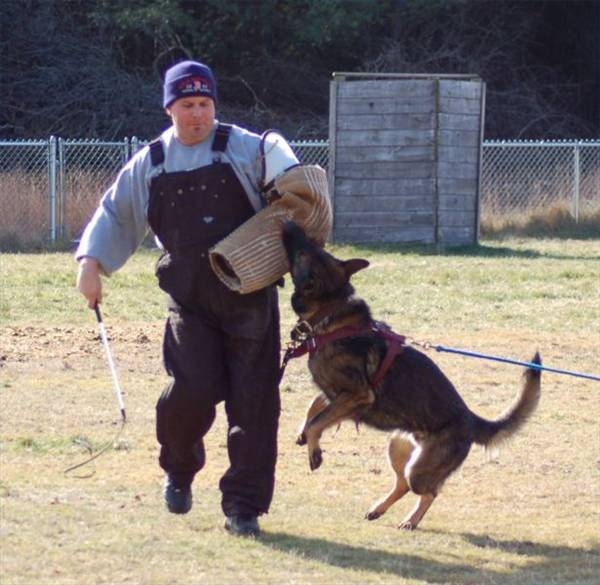 Police Dog Training Techniques
Police Dog Training Techniques
Police
Police Dog Training Techniques
Police Dog Training Techniques
Police
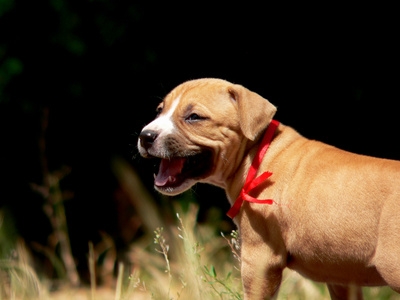 I'm Having Trouble Potty Training My Dog
I'm Having Trouble Potty Training My Dog
I'm Having Trouble Potty Training My Dog
I'm Having Trouble Potty Training My Dog
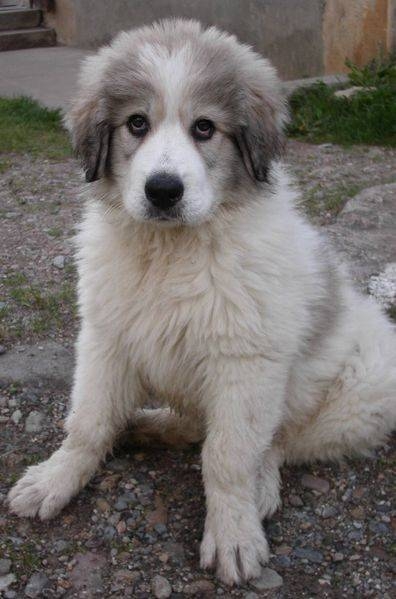 Potty Training a Puppy While at Work
Potty Training a Puppy While at Work
P
Potty Training a Puppy While at Work
Potty Training a Puppy While at Work
P
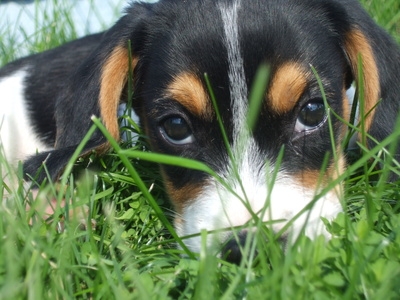 The Toilet Training Spray for a Puppy
The Toilet Training Spray for a Puppy
The Toilet Training Spray for a Puppy
The Toilet Training Spray for a Puppy
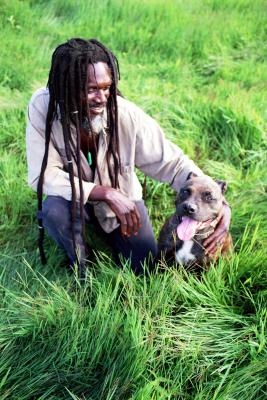 Free Potty-Training Tips for Female Pit Bull Puppies
Free Potty-Training Tips for Female Pit Bull P
Free Potty-Training Tips for Female Pit Bull Puppies
Free Potty-Training Tips for Female Pit Bull P